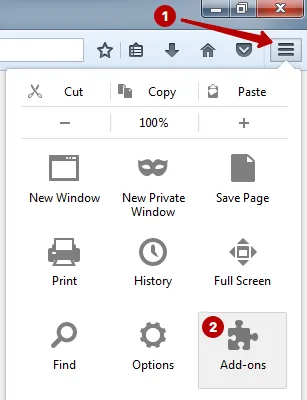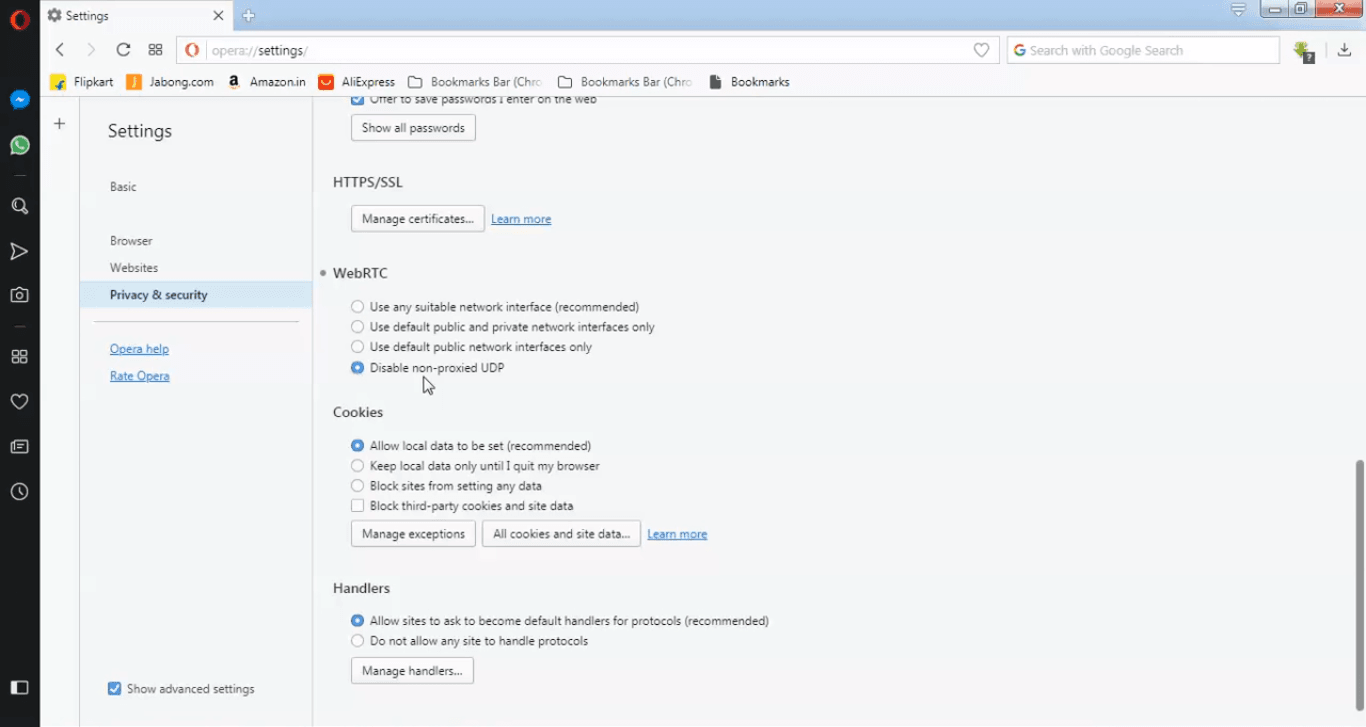


How WebRTC Leaks Can Impact Your Online Privacy # Generally referred to as a WebRTC Leak, the vulnerability reportedly affects both Firefox and Chrome. As per the report, the vulnerability could potentially compromise the anonymity of VPNs and expose the public IP address of users. Back then, TorrentFreak reported that a serious vulnerability plagues browsers supporting the WebRTC standard. One of the major concerns surrounding WebRTC implementation in browsers came to light in 2015. Security Concerns: Why Should You Disable Web RTC? #

The fact that it is a free, open-source, cross-platform technology has also gone a long way in encouraging its uptake among browser vendors and ensuring its popularity among web developers. It also offers better sound quality as opposed to the now-deprecated Flash, thanks to adjustable microphone settings. One of the biggest benefits of WebRTC is the reduced lag-time for video chat, audio chat, live-streaming, and file-sharing. For native clients, like Android and iOS applications, there’s a library to provide the same functionality. The technologies behind WebRTC are implemented as an open web standard and available as regular JavaScript APIs in all major browsers. WebRTC leverages multiple standards and protocols, including data streams, STUN/TURN servers, signaling, JSEP, ICE, SIP, SDP, NAT, UDP/TCP, network sockets, and more. As per the non-profit organization behind the project, WebRTC “supports video, voice and generic data to be sent between peers, allowing developers to build powerful voice- and video-communication solutions.” The technology enables developers to add real-time communication capabilities to applications that work on top of an open standard. There are many different use-cases for WebRTC, from basic web apps that use the camera or microphone to more advanced video-calling and screen-sharing apps. All major browsers, including Google Chrome, Firefox, Microsoft Edge, Apple Safari, and Opera, support this technology. In the simplest of terms, WebRTC enables multimedia communications (video and audio chats) between two or more people in their browsers, without having to download any additional software. The technology enables audio and video communication to work inside web pages by allowing direct peer-to-peer communication, eliminating the need for plugins or other additional software. WebRTC (Web Real-Time Communication) is a free and open-source HTML5 specification that provides browsers on desktops and mobile support for real-time communication (RTC) via plugin-free APIs. So today, alongside a detailed explainer on WebRTC, we will also show you how to disable it in your browser for enhanced privacy. The implementation of WebRTC in some modern browsers includes security flaws that can leak your IP address on the web, jeopardizing your online privacy. WebRTC: What Is It and Why You Should Disable It in Your Browser #


 0 kommentar(er)
0 kommentar(er)
